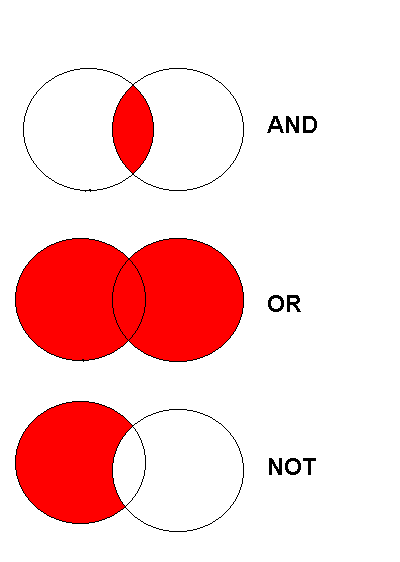
Never use sentence structure, such as your research question or thesis statement.
A keyword is a word used to search library catalogs (GIL-Find, GIL-Find Universal), article databases (GALILEO), and web search engines (Google Scholar) in order to locate results that match that word in a specified part or in any part of the item, such as the title or in the full text. Once you have identified your key search concepts, start noting down some related terms or synonyms to your key concepts.
Use a general thesaurus, subject dictionaries, subject encylopedias, and subject headings to help you formulate keywords.

Moving from a research question to an effective search strategy involves breaking down the question into its core concepts, brainstorming keywords, and then constructing an effective search queries. You can do this in 4 steps
While there is not one right way to do a search, the strategies identified here will improve your results.

Boolean searching involves adding or subtracting terms from your search to either broaden or narrow your search. It uses 3 terms (AND, OR, and NOT) to tell the search engine or database whether to include or eliminate certain terms.
Quotation marks can be used to identify phrases.
By using quotations marks, you are telling the computer to only bring back pages with the terms you typed in the exact order you typed them.
“Global Hunger Crisis”
Instead of
Global AND Hunger AND Crisis
“School Violence”
Instead of
School AND Violence
Truncation allows you to search various forms of a word by finding alternate endings.The character (*) is placed at the end of the first few letters of a search term or at the end of its root.
Organiz* retrieves
Organizing
Organized
Organization
Organizations
Organizational
Savannah State University 2200 Tompkins Rd Savannah, GA 31404 Phone: (912) 358-4324 Reference Text Line: (912) 226-2479